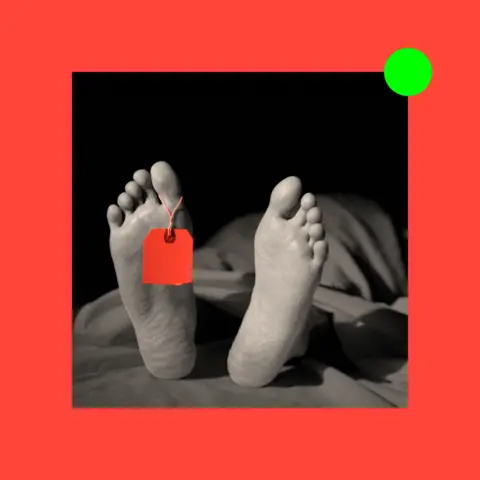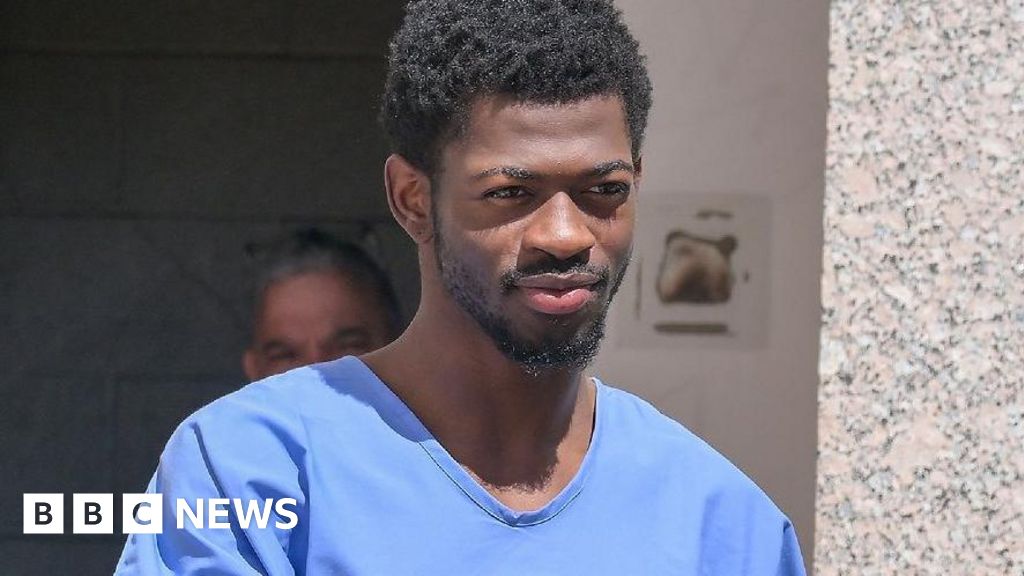Australian blood donor James Harrison, renowned for his extraordinary contributions to medical science, has passed away at 88. Known as the "man with the golden arm," Harrison's plasma donations played a vital role in saving over 2 million babies at risk of hemolytic disease. He died peacefully in his sleep at a nursing home in New South Wales on February 17, his family confirmed.
Harrison's journey as a blood donor began after he underwent a major chest surgery at 14, which required blood transfusions. Determined to give back, he began donating plasma at the age of 18 and continued this life-saving work biweekly until he was 81. In 2005, he held the world record for the most plasma donated, a title he kept until it was surpassed by a donor in the US in 2022.
His daughter, Tracey Mellowship, expressed her father's pride in having contributed to the well-being of countless families. "He always emphasized the importance of donating; it doesn’t hurt and could save a life, potentially your own," she said. Mellowship, along with two of Harrison's grandchildren, are among the recipients of Anti-D immunizations that have safeguarded many lives thanks to his commitment.
Harrison's blood contained a rare antibody, Anti-D, which is crucial in preventing severe conditions affecting unborn babies. Prior to the introduction of Anti-D treatments in the mid-1960s, as many as half of the babies diagnosed with hemolytic disease died. The origin of Harrison's unique blood composition remains unclear, but some hypothesized it could be linked to his early transfusions.
Currently, there are fewer than 200 Anti-D donors in Australia, yet their contributions are significant, benefitting approximately 45,000 mothers and babies annually. The Australian Red Cross Blood Service, known as Lifeblood, is collaborating with researchers at the Walter and Eliza Hall Institute of Medical Research to replicate Harrison's antibodies in the lab for future global use, representing what Lifeblood’s research director David Irving calls a "holy grail" of medical breakthroughs. The pursuit of this lab-generated Anti-D aims to alleviate the shortage of committed donors with the capability to produce high-quality antibodies.




















